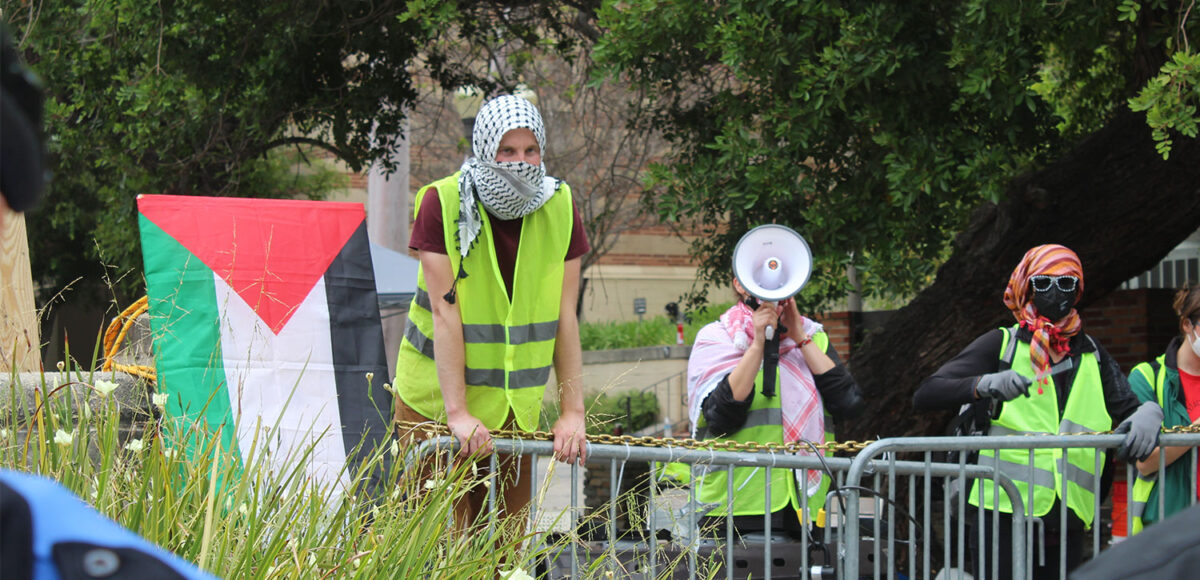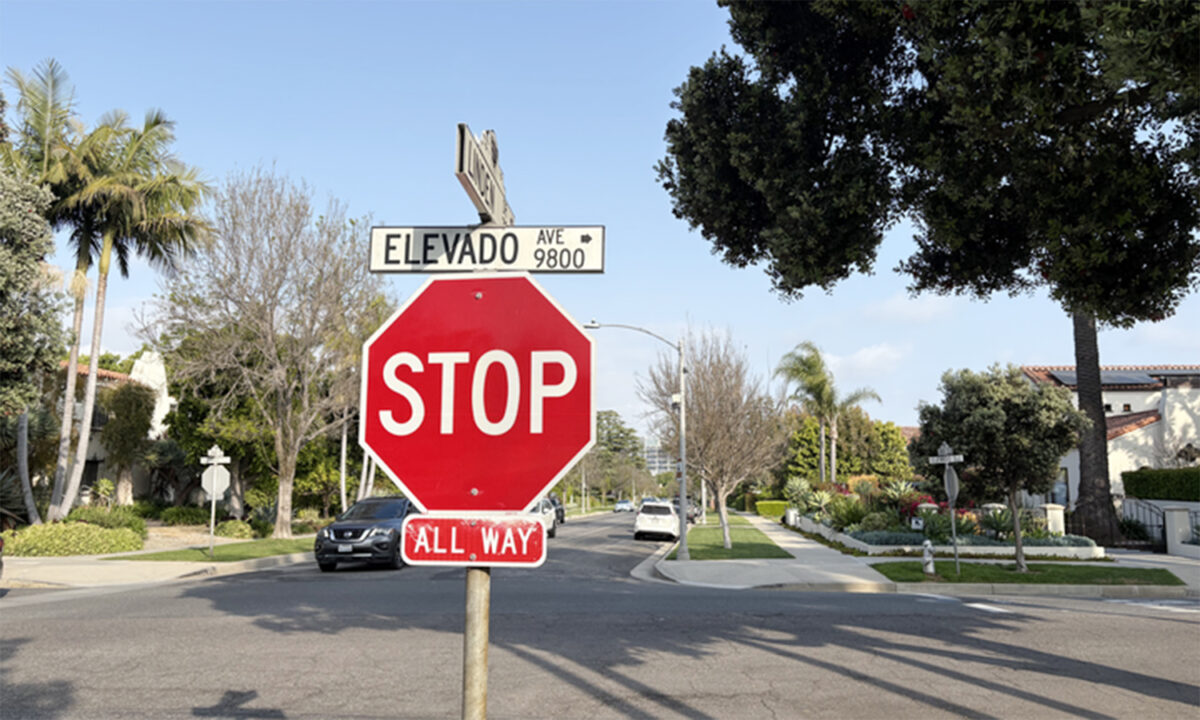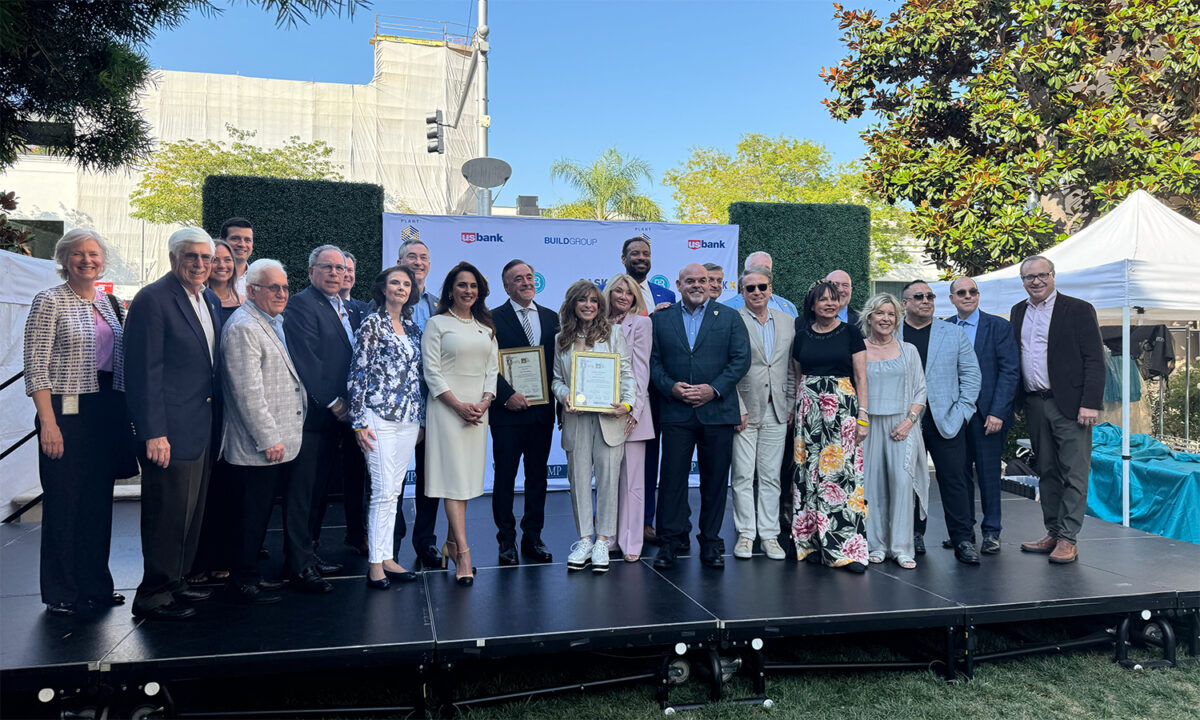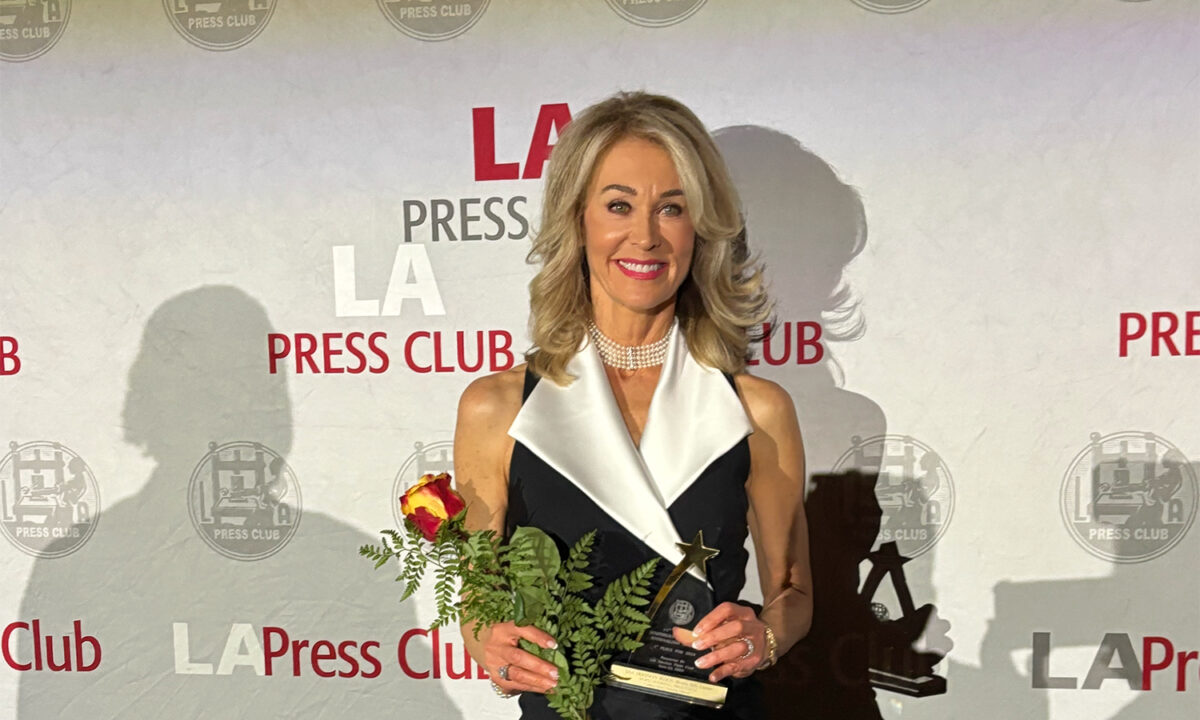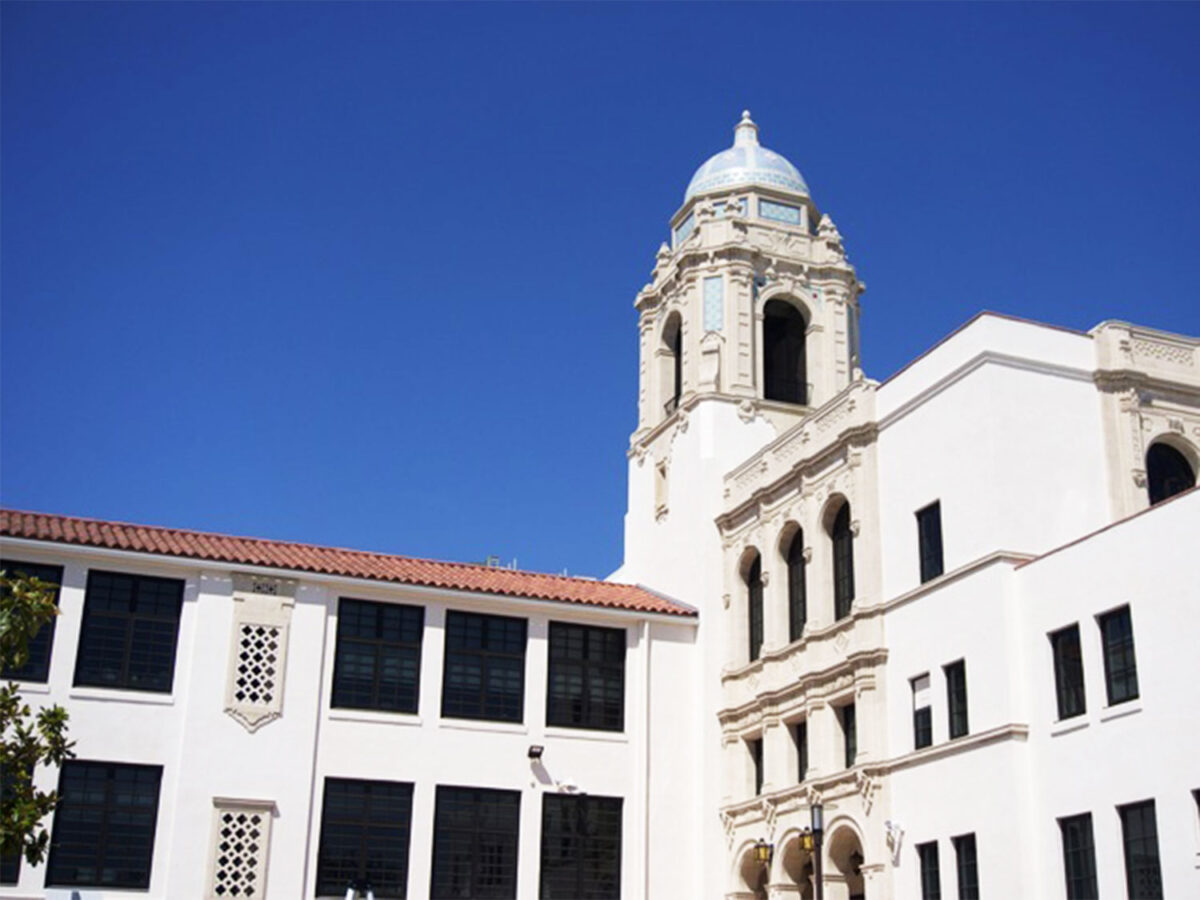On June 5, two law students and an undergraduate student at UCLA filed a federal lawsuit against the university for its failure to shut down pro-Palestinian encampments. The 74-page lawsuit, Frankel v. Regents of the University of California, filed in the U.S. District Court for the Central District of California, alleges that pro-Palestinian encampments discriminated against Jewish students, faculty and staff.
The complaint seeks injunctive and monetary relief for violations of the First and Fourteenth Amendments to the United States Constitution, Title VI of the Civil Rights Act of 1964, Sections 1983, 1985 and 1986 of the Ku Klux Klan Act, the California Constitution, the California Education Code, the Ralph Civil Rights Act of 1976 and the Tom Bane Civil Rights Act.
“[UCLA] knew,” Mark Rienzi, the plaintiff’s lawyer, told the Courier. “They knew the people were chanting, ‘death to the Jews,’ and things like that. Yet, they chose to allow them to have access to that part of campus, allow them to exclude other people, and then UCLA instructed its police officers and security staff not to help people through.”
Following Hamas’ attacks on Israel on Oct. 7, students and public supporters have set up pro-Palestine encampments at college campuses across the United States. According to the complaint, demonstrators at UCLA set up a “Jew Exclusion Zone,” where Jewish students, faculty and staff could not pass unless they agreed to “disavow Israel’s right to exist.”
The main impetus for the lawsuit, as Rienzi explained, is that UCLA did not react to the encampments for an entire week. “One of their choices was just to allow this to continue for a while and to help it to continue,” and that’s illegal and unconstitutional and wrong, and they weren’t allowed to do that,” Rienzi told the Courier. “But I think they thought or hoped they could just go along with it, and it would be OK. And it’s just illegal to do that to people.”
The students who filed the lawsuit were directly affected by the encampments and chose to take legal action to prevent UCLA from being able to allow this kind of treatment towards Jews or any other community in the future. The first plaintiff, Yitzchok Frankel, a law student and father of four, was forced to find a new route to his classes during the already busy finals week. Joshua Ghayoum, the second plaintiff, a sophomore and history major, heard the “death to Jews” chants firsthand and was blocked by protestors from reaching the library and other buildings on campus. The third plaintiff, Eden Shemuelian, another law student, had to navigate her way through protestors to get to the law school’s library, compromising her final exams. These students claimed that the activists used checkpoints, issued wristbands, built barriers, and often locked arms to prevent Jewish students from passing through.
Mary Osako, UCLA vice chancellor of strategic communications, released a statement that said, “We are aware of the lawsuit that was filed today, which to our knowledge, has not yet been served,” she said. “We will review and respond in due course. UCLA remains committed to supporting the safety and well-being of the entire Bruin community.”
The university’s actions thus far, and failure to intervene when they had an opportunity to prevent students from getting harassed already made a statement, added Rienzi. “If you told me there were mass people in the center of UCLA that were keeping out some other racial group or other marginalized group, I have a hard time believing UCLA would just allow it to persist for a week,” he told the Courier. “So, I think it’s bad what they did. It would be bad against anybody. And I’m not sure how or why UCLA would have thought some different treatment is OK here. But it’s just not. And so, the antisemitism is bad. The antisemitism was obvious.”



